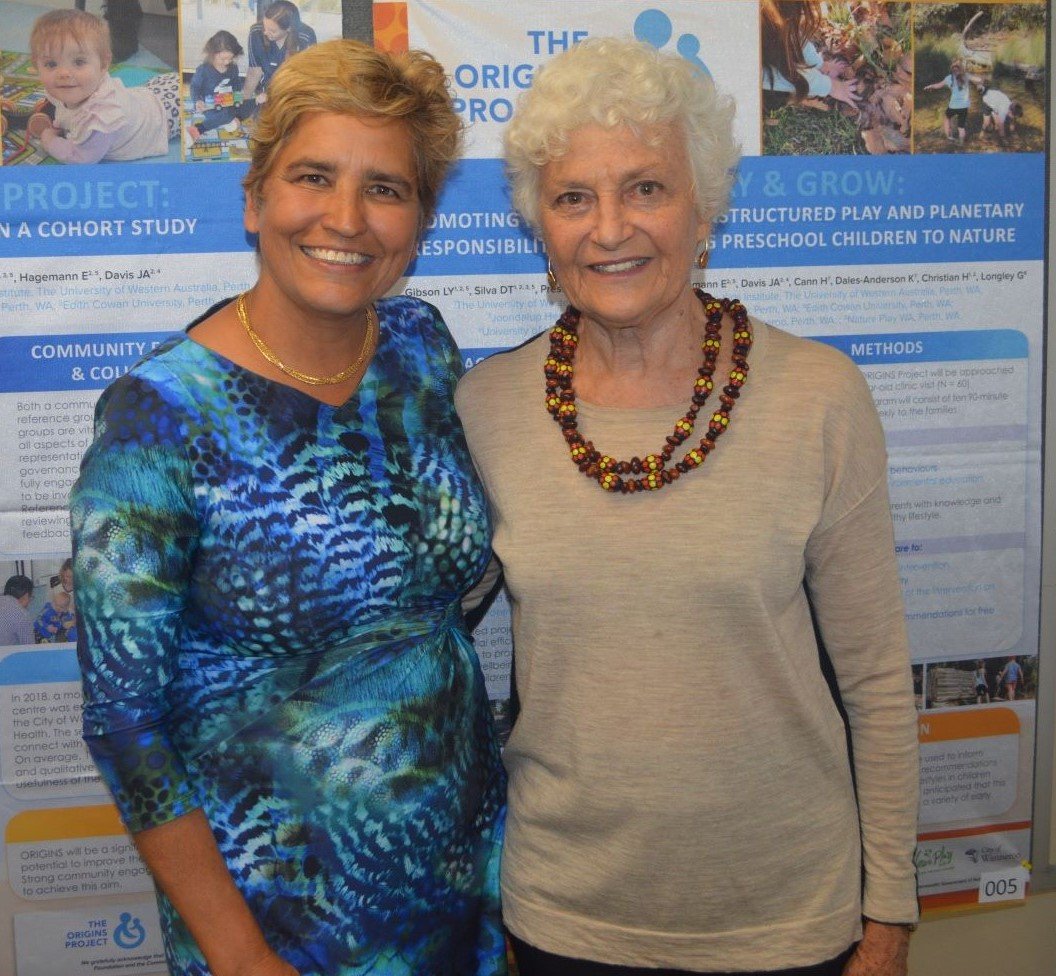Search
Showing results for "Au"
Research
Gene polymorphisms, breast-feeding, and development of food sensitization in early childhoodThe effect of breast-feeding on the development of allergic disease is uncertain
Research
Survival with Rett syndrome: comparing Rett's original sample with data from the Australian Rett syndrome DatabaseRett syndrome is a severe neurodevelopmental disorder that typically affects females. Little is known about the natural history and survival time of these femal
Research
A genomics-based approach to assessment of vaccine safety and immunogenicity in childrenThis methodology has significant potential to identify covert interactions between inflammatory pathways triggered by vaccination, and as such may be a...
Research
IgG Responses to Pneumococcal and Haemophilus Influenzae Protein Antigens Are Not Impaired in Children with a History of Recurrent Acute Otitis MediaVaccines including conserved antigens from Streptococcus pneumoniae & nontypeable Haemophilus influenzae have the potential to reduce of otitis media.
Research
Family functioning in families with a child with Down syndrome: A mixed methods approachThis study aimed to explore the factors that predict functioning in families with a child with Down syndrome using a mixed methods design.
Research
Febrile respiratory illnesses in infancy and atopy are risk factors for persistent asthma and wheezeThe aim of this study was to explore associations between severe respiratory infections and atopy in early childhood with persisting wheeze and asthma.

News & Events
New funding supports program to create "happier" parentsNew funding from Channel 7 Telethon Trust is allowing ECU researchers to work with ORIGINS families to investigate how parents and their babies can best be supported in the first year.

ORIGINS is a community resource that invites collaborative sub-projects and initiatives.

News & Events
Low Carbohydrate DietsCarbohydrate restriction is used by some individuals with type 1 diabetes to reduce glucose excursions after eating a meal.

News & Events
WA teenager with type 1 diabetes on a mission to become a pro-cyclistA wiry tall teenager, who was struggling somewhat with his blood glucose control, he turned up on his trusty bike, and we had something in common to talk about.
